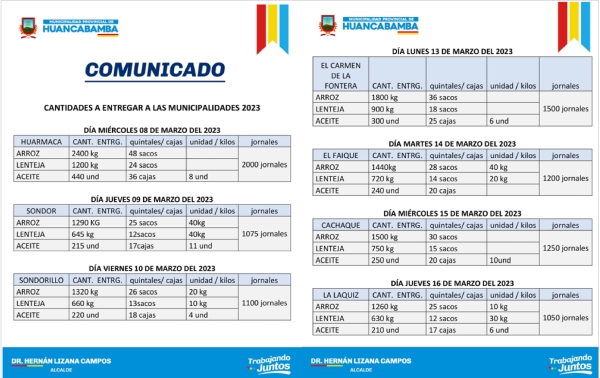Lo último de Super User
8727 comentarios
-
Enlace al Comentario
 Sábado, 09 Agosto 2025 02:22
publicado por Douglasfrera
Sábado, 09 Agosto 2025 02:22
publicado por Douglasfrera
¡Buen día!!
casino online bolivia
Lee el enlace - https://livedealers.cfd/
casino online dinero real bolivia
casino online bolivia
juegos de casino en linea con dinero real bolivia
¡Buena suerte! -
Enlace al Comentario
 Sábado, 09 Agosto 2025 02:22
publicado por DouglasJew
Sábado, 09 Agosto 2025 02:22
publicado por DouglasJew
¡Hola, amigo!
casino en lГnea dinero real bolivia
Lee el enlace - https://livedealers.cfd/
casino online bolivia
juegos de casino en linea con dinero real bolivia
casino en bolivia
¡Buena suerte! -
Enlace al Comentario
 Sábado, 09 Agosto 2025 02:22
publicado por Douglasfrera
Sábado, 09 Agosto 2025 02:22
publicado por Douglasfrera
¡Hola!
casino con dinero real bolivia
Lee el enlace - https://livedealers.cfd
casino online dinero real bolivia
casino con dinero real bolivia
como jugar casino en linea con dinero real bolivia
¡Buena suerte! -
Enlace al Comentario
 Sábado, 09 Agosto 2025 02:22
publicado por Douglasfrera
Sábado, 09 Agosto 2025 02:22
publicado por Douglasfrera
¡Saludos!!
casino con dinero real bolivia
Lee el enlace - https://livedealers.cfd
casino online bolivia
casino con dinero real bolivia
juegos de casino en linea con dinero real bolivia
¡Buena suerte! -
Enlace al Comentario
 Sábado, 09 Agosto 2025 02:22
publicado por Douglasfrera
Sábado, 09 Agosto 2025 02:22
publicado por Douglasfrera
¡Hola!
casino online dinero real bolivia
Lee el enlace - https://livedealers.cfd
casino online dinero real bolivia
5000 reales a bolivianos
juegos de casino en linea con dinero real bolivia
¡Buena suerte! -
Enlace al Comentario
 Sábado, 09 Agosto 2025 02:21
publicado por Douglasfrera
Sábado, 09 Agosto 2025 02:21
publicado por Douglasfrera
¡Hola, amigo!
400 reales a bolivianos
Lee el enlace - https://livedealers.cfd
casino con dinero real bolivia
casino en bolivia
casino online bolivia
¡Buena suerte! -
Enlace al Comentario
 Sábado, 09 Agosto 2025 02:21
publicado por Douglasfrera
Sábado, 09 Agosto 2025 02:21
publicado por Douglasfrera
¡Buen día!!
5000 reales a bolivianos
Lee el enlace - https://livedealers.cfd/
casino online dinero real bolivia
300 reales a bolivianos
casino con dinero real bolivia
¡Buena suerte! -
Enlace al Comentario
 Sábado, 09 Agosto 2025 02:21
publicado por DouglasJew
Sábado, 09 Agosto 2025 02:21
publicado por DouglasJew
¡Hola, amigo!
juegos de casino en linea con dinero real bolivia
Lee el enlace - https://livedealers.cfd/
5000 reales a bolivianos
casino online bolivia
como jugar casino en linea con dinero real bolivia
¡Buena suerte! -
Enlace al Comentario
 Sábado, 09 Agosto 2025 02:17
publicado por DouglasJew
Sábado, 09 Agosto 2025 02:17
publicado por DouglasJew
¡Hola, amigo!
casino online bolivia
Lee el enlace - https://livedealers.cfd/
como jugar casino en linea con dinero real bolivia
400 reales a bolivianos
casino en bolivia
¡Buena suerte! -
Enlace al Comentario
 Sábado, 09 Agosto 2025 02:17
publicado por Douglasfrera
Sábado, 09 Agosto 2025 02:17
publicado por Douglasfrera
¡Hola!
casino con dinero real bolivia
Lee el enlace - https://livedealers.cfd
casino con dinero real bolivia
juegos de casino en linea con dinero real bolivia
casino en lГnea dinero real bolivia
¡Buena suerte!
